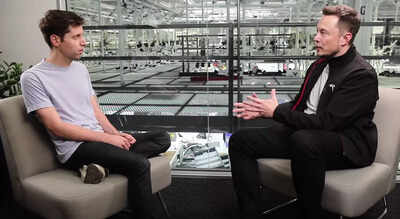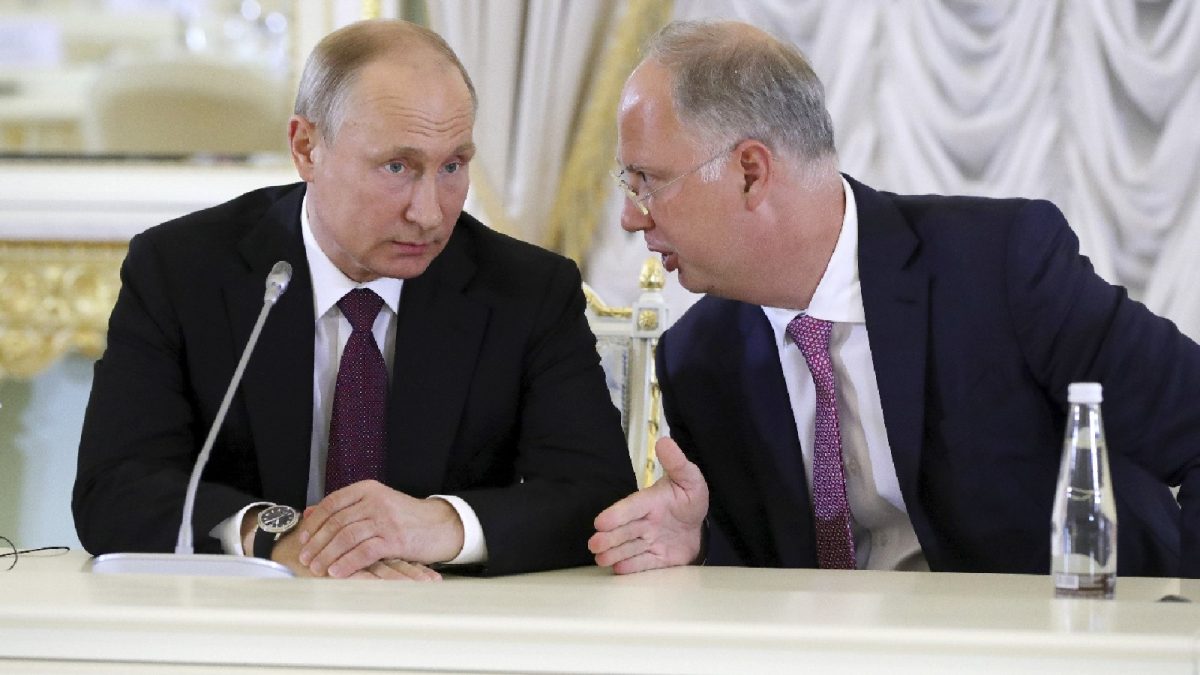ARTICLE AD BOX

OpenAI CEO Sam Altman issued a public plea to former co-founder Elon Musk on Sunday, asking whether they could finally move past their bitter dispute. "Can't we all just move on?" Altman wrote on X, capping a weekend exchange in which Musk accused him of stealing a nonprofit and Altman defended his leadership of the AI company they launched together nearly a decade ago.The latest clash began when Musk replied "You stole a non-profit" to Altman's post about a canceled Tesla Roadster order. Altman shot back, claiming he "helped turn the thing you left for dead into what should be the largest non-profit ever." He added that the company's current structure was necessary to fulfil its mission, pointedly reminding Musk that he had once wanted Tesla to absorb OpenAI entirely—with no nonprofit element whatsoever.
The 2018 breaking point between the partners, Altman and Musk that turned them to rivals
The animosity traces back to OpenAI's founding in 2015, when Musk and Altman launched the organisation as a nonprofit AI research lab. By 2017, leadership realised they needed billions—not millions—to build artificial general intelligence. That's when things fell apart.Newly revealed emails show Musk demanded majority equity, absolute control, and the CEO position for any for-profit entity. OpenAI's team refused, telling Musk that giving him "unilateral absolute control" would betray their mission to prevent an "AGI dictatorship."
When those terms were rejected, Musk proposed folding OpenAI into Tesla. The team declined again. Musk left the board in February 2018, predicting OpenAI had "0% chance" of relevance against Google's DeepMind.Since then, Musk has launched xAI, filed multiple lawsuits against OpenAI, and repeatedly attacked Altman's leadership on social media.
The fight over OpenAI's soul—and structure
At the heart of their dispute lies OpenAI's controversial transformation.
What began as a purely nonprofit venture has evolved into a hybrid model, with a for-profit arm now valued at hundreds of billions of dollars. The restructuring, completed in October 2025, gave the nonprofit Foundation a $130 billion equity stake while allowing the for-profit division greater flexibility to raise capital and attract investors.Critics, including Musk, argue this betrays OpenAI's founding principles.
Musk claims the company has become a "closed source, maximum-profit company effectively controlled by Microsoft"—the opposite of what he says he intended when naming it "Open" AI.Altman maintains the structure preserves OpenAI's mission while enabling the massive funding required to compete. He's also reminded Musk that he himself pushed for commercialisation and predicted failure when OpenAI chose independence.Despite Altman's olive branch, reconciliation seems unlikely. Both now lead competing AI powerhouses in one of technology's highest-stakes races.

 7 hours ago
9
7 hours ago
9








 English (US) ·
English (US) ·